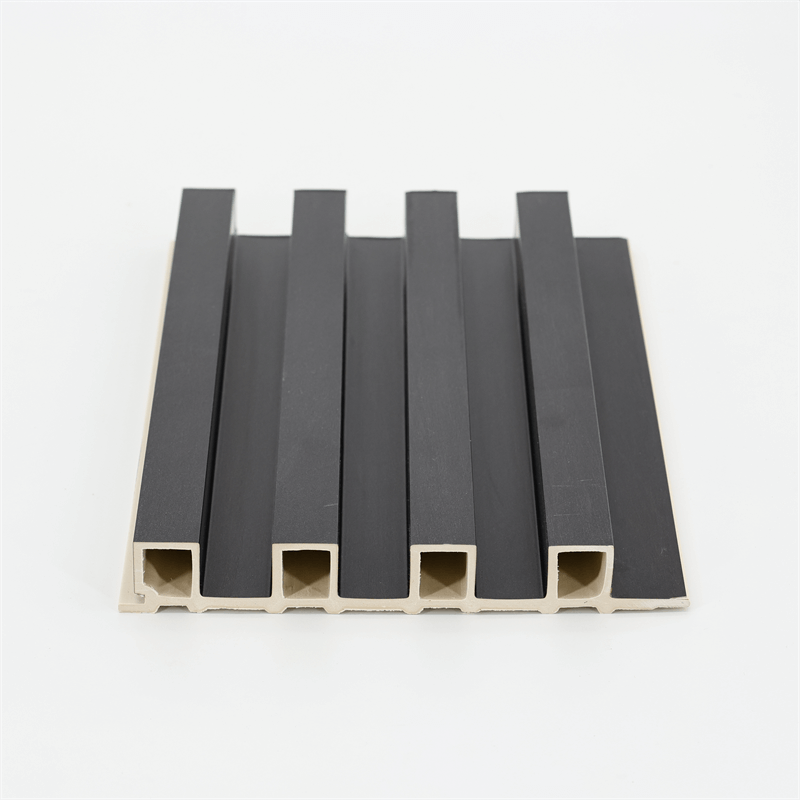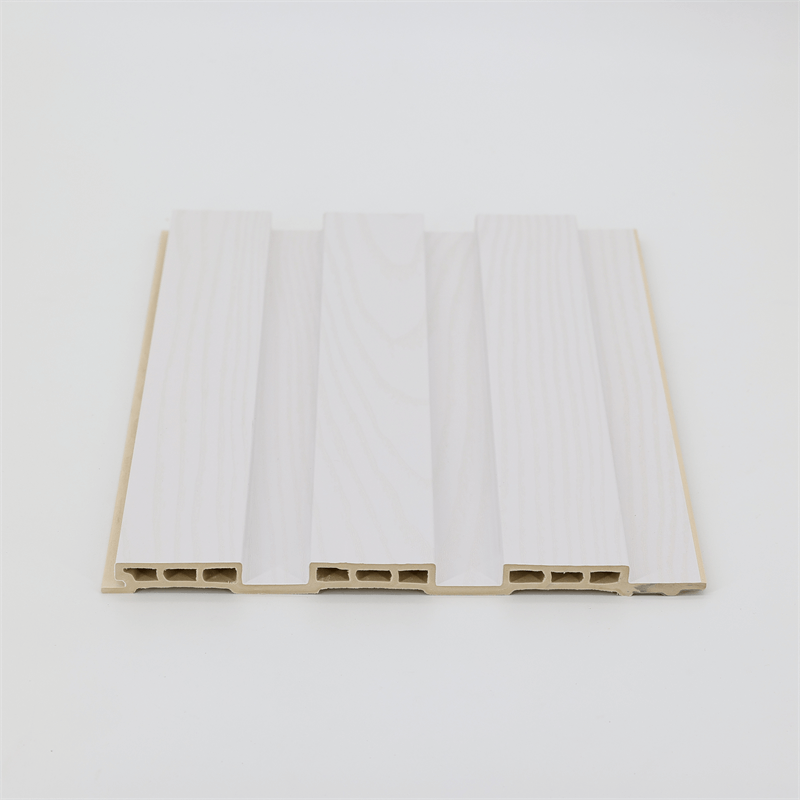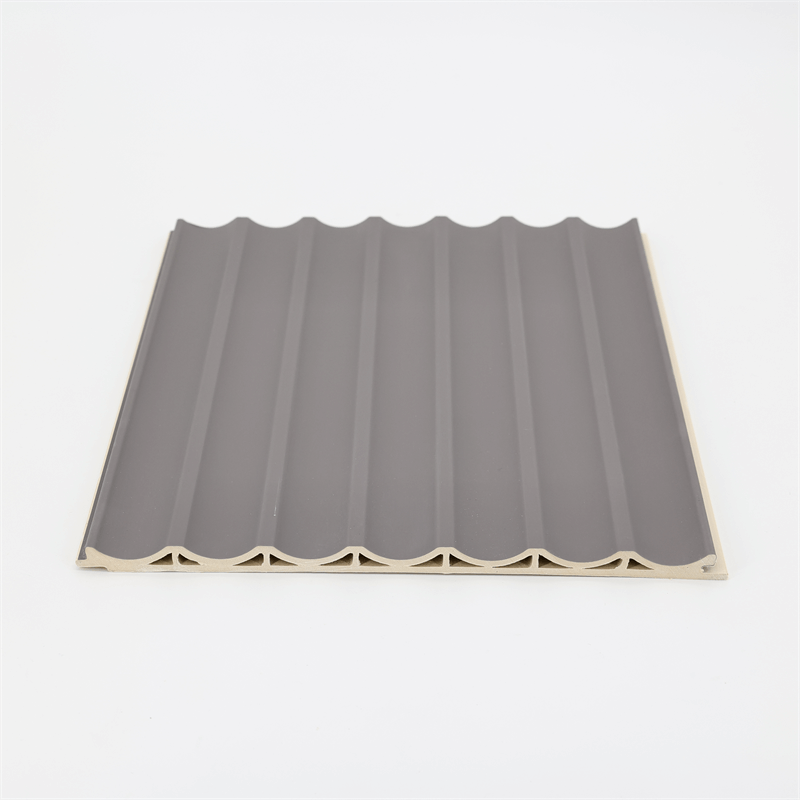In the design and construction of buildings, soundproofing is an important consideration to ensure optimal comfort and privacy.
Unwanted noise can disrupt daily activities and affect the overall quality of living or working spaces.
WPC (Wood Plastic Composite) wall panels have emerged as a popular choice for their aesthetic appeal and durability.
In this essay, we will explore how WPC wall panels can enhance soundproofing in different environments, examining their composition, installation methods, and effectiveness in reducing noise transmission.
I. Understanding the Composition of WPC Wall Panels
A. Composition and Structure WPC wall panels are typically composed of a mixture of wood fibers, plastic polymers, and additives.
This composition contributes to their strength, durability, and acoustic properties.
The combination of natural fibers and synthetic materials affects the sound transmission characteristics of the panels.
B. Acoustic Properties of WPC Wall Panels The structure and density of WPC panels influence their sound absorption and sound insulation capabilities.
The presence of wood fibers can contribute to sound absorption, while the dense composition and multiple layers of the panels aid in blocking sound transmission.
II. Soundproofing Mechanisms of WPC Wall Panels
A. Sound Absorption WPC wall panels can absorb sound energy due to their porous structure and the presence of wood fibers.
The absorption of sound waves reduces reverberation and echoes within a space, improving acoustic comfort.
B. Sound Insulation WPC wall panels act as barriers to sound transmission, preventing noise from passing through walls.
The dense composition of the panels, combined with their ability to dampen vibrations, helps reduce the transfer of airborne and impact noise.
III. Installation Methods for Enhanced Soundproofing
A. Panel Thickness and Density The thickness and density of WPC wall panels play a crucial role in their soundproofing capabilities.
Thicker panels with higher density offer improved sound insulation by effectively blocking noise transmission.
B. Acoustic Underlayment Using an acoustic underlayment between the WPC panels and the wall surface can enhance soundproofing.
The underlayment adds an extra layer of insulation and helps reduce the transmission of impact noise.
C. Sealing and Gap Reduction Proper installation techniques, such as sealing gaps and ensuring tight fits between panels, are essential for maximizing soundproofing.
Sealing gaps and joints prevents sound leakage and improves the overall effectiveness of the wall assembly in blocking noise.
D. Double Wall Construction In some cases, constructing a double wall system with an air gap between the walls can provide superior soundproofing.
The air gap acts as a buffer zone, further reducing noise transmission.
IV. Applications and Benefits of WPC Wall Panels for Soundproofing
A. Residential Spaces In residential settings, WPC wall panels can be used to create quieter living environments.
They are particularly effective in bedrooms, home offices, and entertainment areas, where privacy and noise control are crucial.
WPC wall panels help prevent noise from neighboring rooms or external sources from disturbing the occupants.
B. Commercial and Office Spaces WPC wall panels find applications in commercial and office spaces, where noise reduction and speech privacy are essential.
They can help create productive work environments and improve the overall acoustic quality of the space.
Meeting rooms, conference halls, and open office areas can benefit from the sound-blocking properties of WPC panels, enhancing communication and concentration.
C. Public Areas In public areas such as libraries, schools, and healthcare facilities, WPC wall panels contribute to a more peaceful and comfortable atmosphere.
They help control noise levels and ensure better concentration, learning, and healing environments.
By reducing the impact of external noise sources, WPC panels enhance the overall experience for visitors and occupants.
D. Entertainment Spaces WPC wall panels can also be used in entertainment venues such as theaters and music studios.
Their soundproofing capabilities help contain sound within the space, preventing sound leakage and enhancing the quality of sound reproduction.

In conclusion, WPC wall panels offer significant benefits in enhancing soundproofing in various environments.
Their composition, structure, and installation methods contribute to improved sound absorption and insulation.
By reducing noise transmission and enhancing acoustics, WPC wall panels create more comfortable and functional living, working, and public spaces.
Whether in residential, commercial, or public areas, WPC wall panels provide an aesthetically pleasing and effective solution for soundproofing.
Consider incorporating WPC wall panels in your next project to enjoy the benefits of reduced noise levels, increased privacy, and enhanced acoustic comfort.


